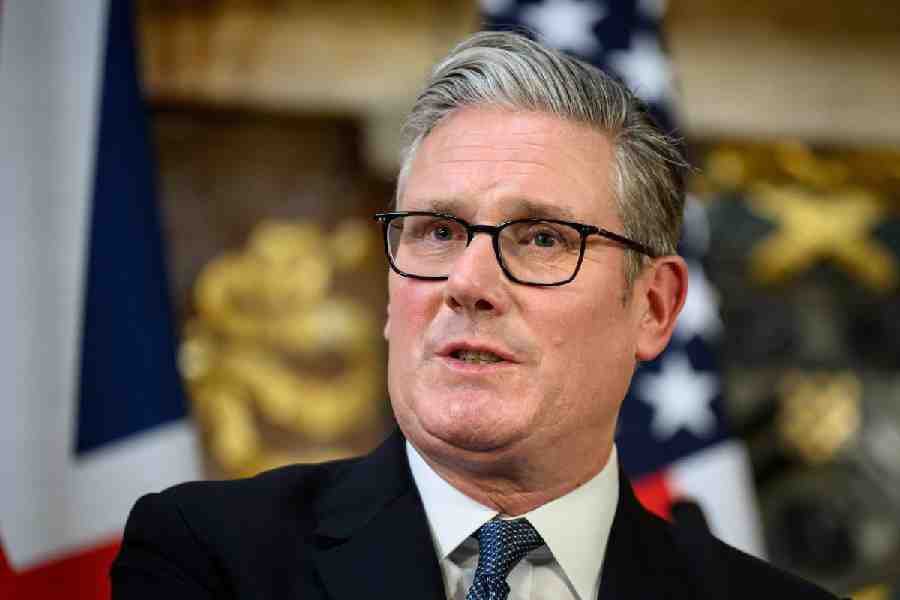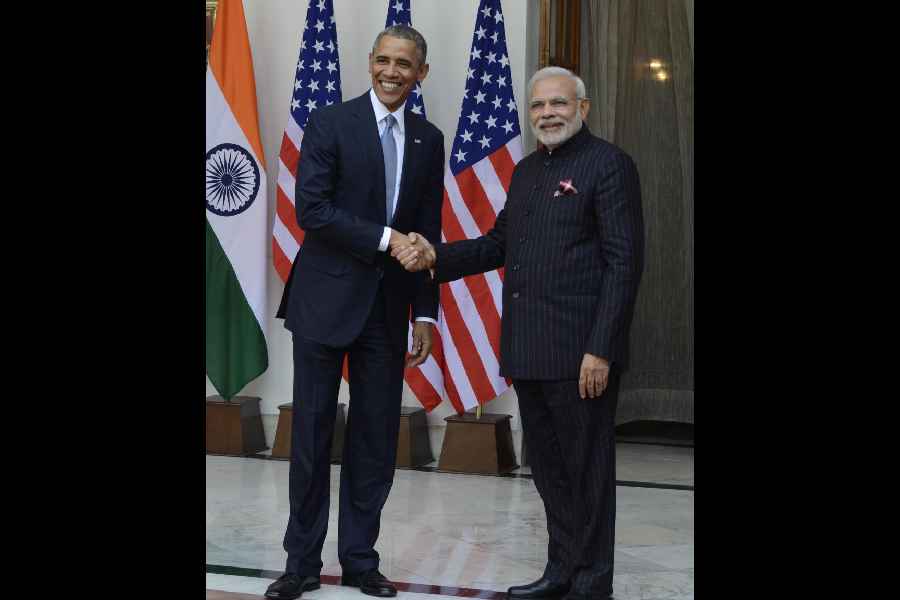Confusion prevails between Medical Council of India (MCI) and the Indian Medical Association (IMA) over prescribing of generic drugs. Doctors intend to meet the Prime Minister on the issue.
Prime Minister Narendra Modi recently said a law should be enacted to make doctors prescribe only generic drugs. While the MCI has issued a circular saying doctors should do so, the IMA says prescribing generic drugs should be optional.
The doctors are of the opinion that till production and marketing of branded drugs is allowed in the country, its prescription cannot be banned. It should be banned only after the government stops issuing licences for its production.
Of note here is the Indian Medical Council (Professional Conduct Etiquette and Ethics) Regulations, 2002, which says: "Doctors should write generic drugs as far as possible." However, this was amended in 2016. The amended version reads, "Every physician should prescribe drugs with generic names legibly and preferably in capital letters and he/she shall ensure that there is a rational prescription and use of drugs."
Following the MCI circular, IMA national president Dr K.K. Agrawal wrote to MCI chief Jayshreeben Mehta saying: "The MCI rule said 'should prescribe drugs with generic names'. It does not say 'only' with generic names. It does not prohibit a doctor from writing the name of the company or the brand. Here 'should' means discretional and non-mandatory. Prescribing drugs with generic names only means writing chemical name of the drug." Agrawal further said: "Only the mandatory portion of the clause (prescription shall have rationality of treatment and the drugs prescribed) can be actionable. The non-mandatory initial part of the clause (should prescribe drugs with generic names) cannot lead to action by MCI. Also, 'every physician' in the clause means only those doctors who are registered under Indian Medical Register (IMR)."
To clear this confusion, IMA and Federation of Medical Associations of India (Foma) have decided to meet Prime Minister Modi, Union health minister J.P. Nadda and MCI president Mehta to apprise them of the medical fraternity's view on the issue.
Foma has recommended that the government ban differential pricing of a drug under different brand names by one company. Further, it wants the government to first strengthen quality control mechanism to ensure supply of quality drugs before making generic drugs compulsory.
IMA senior vice-president Ajay Kumar said: "Medical bodies are not resisting the MCI rules. We're happy to prescribe generic drugs. However, the MCI rules do not ask doctors to mandatorily write only generic drugs. It says doctors 'should' write drugs with 'generic names'. It has further said that doctors 'should' prescribe 'rationally.' What we want is that before the government makes generic drugs mandatory, it must arrange production and availability of quality generic drugs and stop production of branded drugs (except patented drugs) completely."
"We don't oppose generic drugs. We will be happy if prices of drugs are cheaper in the country," Kumar said. "Our only concerns are quality, availability and disbursement factors, not yet properly addressed by the central and state governments. Quality generic drugs are not even available in government hospitals, which constitute just 20% of medical care. How 80% of patients, who visit private hospitals, can get quality drugs is a big challenge for the government. Further, many states do not have their own drug-testing labs where authenticity of generic drugs can be checked."
Different surveys have found that over 50% of generic drugs produced in India are sub-standard.
There are questions of bio-availability and other pharmacological issues in the production of these drugs. "At the same time, the price quoted on these generic drugs are sometimes exorbitant, as they are even more than that of branded ones," the IMA vice-president said adding: "We fear drug marketing will go uncontrolled, as it would be retailers who will call the shots."










